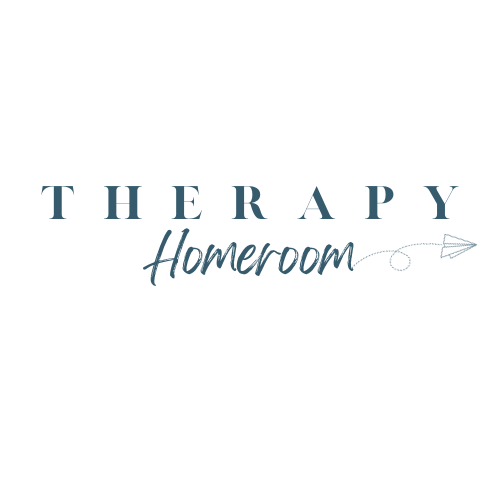Traits of Successful Therapists
If you have tried therapy in the past or are a therapist who has worked with various clients, you will know that not every therapist, client, and modality work for everyone.
In other words, therapy does not consist of a “one size fits all” approach (and for good reason!).
The therapist's approaches, the resources, the client-therapist connection, and the client's expectations all impact the efficacy of counseling.
But what impacts the effectiveness of a therapist? We’re glad you asked!
When clients begin their search for a therapist, it is very common to come across lists of therapists from which to choose. This extensive list can be overwhelming, and you can only partake in trial and error for so long before you give up on the thought of going to therapy.
With so many options available, and each therapist offering a variety of qualifications and various modalities, how can you know which therapist is best suited for you?
Let’s explore the traits of a successful therapist, together!
🔍 Identify Your Niche
Have you ever heard the common saying, “Communication is key”? We are here to tell you that communication is, indeed, key to a successful client-therapist relationship. Therapists must be able to communicate effectively with their clients for a variety of reasons. Truthful, clear, and direct communication allows the client to feel as though their thoughts and feelings are truly being heard, and solutions are able to be provided for their unique needs.
A successful therapist must ask the client thought-provoking questions while offering feedback and suggestions, rather than simply providing their own advice. This 50/50 balance will allow the client to feel as though they can trust you, and work to engage with the tools and resources you provide them with.
Take the time to figure out your ideal client.
You must take the time to really figure out who your ideal client is and what therapeutic niche they need—this way, you know exactly what type of referrals you should expect.
Active Listening
Have you ever been to see a therapist and all they do is nod and offer the occasional “hmm” that leaves you wondering if they were listening during the session? Not a great feeling, right?
An effective therapist will be a good listener, and recall what the client has told them previously and connect it to what they are saying now with what they have said in the past.
They will pay attention to the words and phrases the client is using, as well as connect them to their body language to further understand your thoughts. Breathing patterns, posture, the position of their hands, eye contact, and more all play a vital role in what you should pay attention to as you are listening.
Be an active listener, not a silent one!
⭐Problem-Solving Skills
One of the many falsehoods associated with therapy is that the therapist is able to solve all of your problems and more. As much as we wish that was the case, therapy is truly more intricate and beneficial than just putting a (metaphorical) bandaid over your wound and sending you on your way.
Therapists must have great problem-solving skills in order to help their clients identify patterns in their lives and work to change negative ones. A therapy session can feel empty for clients if all their therapist offers them is advice.
An effective therapist will set an agenda with their clients, and work together through each session to identify the problem and create possible stages towards a solution.
No Judgement Zone!
As a client, if you have ever attended a therapy session where you felt uncomfortable or judged, it is safe to assume you may have never returned (and for good reason!).
An effective therapist will listen to the client and speak in a way that indicates that they accept what they are being told. It is great to propose new ways of thinking or doing things, but respecting the client’s history and opinions is key.
Creating an environment where the client feels comfortable enough to share their most vulnerable situations and that they are understood, is vital in ensuring trust will be built in your relationship with them.
We are Therapy Homeroom
With Therapy Homeroom, we are all about supporting therapists and their practices. After all, we understand the inner workings of therapy and what it takes to be a successful therapist, and want to see you shine!
Build Your Referral List with Us
As you begin the process of developing your referral network, keep in mind that curating a nurturing environment for your clients will take time and effort. Don’t give up when you encounter bumps in the road along the way!
Let’s grow together! Follow us on Instagram and join our Facebook group to get started growing your network.




